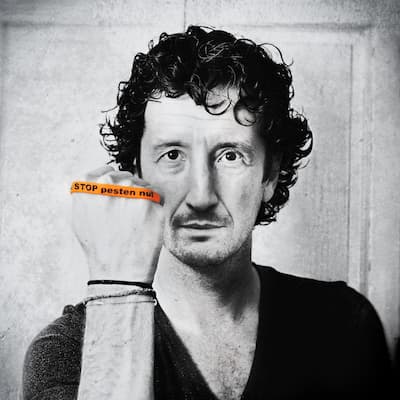DCU’s National Anti-Bullying Research and Resource Centre in partnership with the Joint Research Centre of the European Commission undertook a study on the experiences of Irish children and families during the Covid-19 lockdown. Fifteen European countries,
Children and parents engaged with digital technology while staying at home and how these experiences may have impacted children’s online safety and overall family wellbeing. In Ireland, over one thousand participants (504 parents and 504 children age 10-18) completed an online survey that asked about exposure to online risks such as cyberbullying and harmful content online; digital technology use-related habits; use of digital technology for school purposes; parental worries regarding technology use; but also the positive aspects of digital media use for the family, such as the acquisition of digital skills.
Key findings
28% of 10-18-year old children in the sample reported to have been victims of cyberbullying during lockdown, while 50% reported to have seen others being cyberbullied (bystander role). The younger in age they were the more likely they were to have been victims of cyberbullying. Overall, 49% of males experienced significantly more frequent cyberbullying since lockdown.
We asked children if they experienced more cyberbullying victimisation on specific online platforms such as video conferencing (e.g. Microsoft Teams, Zoom, Skype); on social media such as Instagram, Twitter, Snapchat or Tik Tok, among others; online gaming or email etc. Males experienced significantly more cyberbullying via email (62%), chat rooms (57%), video conferencing such as Teams or Zoom (60%), and in virtual reality (56%) since lockdown. 66% of all children between the ages of 14-16 years experienced significantly more cyberbullying in instant/private messaging services such as WhatsApp, Viber or Telegram.
Just under half of the children who said they were victims of cyberbullying (41%) told a parent or caregiver. Under a fifth of the victims (19%) said they told a friend; and less than a tenth told a school counsellor (9%) or a teacher or principal (5%). Just under a tenth of the children said they did nothing about it or ignored the problem (8%). Figure 3 provides a detailed overview of children’s coping and reporting strategies; whereas Table 1 breaks down children’s reporting to friends and parents by age group.
Download full report: KiDiCoTi: Kids’ Digital Lives in Covid-19 Times: A Comparative Mixed Methods Study on Digital Practices, Safety and Wellbeing
Source Anti Bullying Center

Kenniscentrum Pesten per doelgroep
Stichting Stop Pesten Nu vertrouwt volledig op vrijwillige donaties en de inzet van vrijwilligers om haar belangrijke werk mogelijk te maken. Wij ontvangen geen subsidies, waardoor wij volledig afhankelijk zijn van de steun van mensen zoals u.
Tip van de redactie! Heb je haast? Navigeer dan snel naar:

► Scholen & Professionals Kenniscentrum Pesten in het Onderwijs
- Of navigeer direct naar de informatie per functionaris: Schooldirectie & MT / Anti-pest coördinator / Leerkracht / Mentor / Ouderraad & MR
- Leerlingen & opvoeders: Kinderen & Jongeren (Leerlingen) / Ouders & Opvoeders
► Sportverenigingen Kenniscentrum Pesten in de Sport
- Of navigeer direct naar de informatie per functionaris: Bestuurders / Coaches, Trainers & Begeleiders / (Top)Sporters & Scheidsrechters
- Jonge leden & ouders Kinderen & Jongeren (Leerlingen) / Ouders & Opvoeders
► Werkgevers Kenniscentrum Pesten op het Werk
- Of navigeer direct naar de informatie per functionaris: Directie en bestuurders / HRM / MT en Leidinggevenden / Medewerkers / Ondernemersraden / Vertrouwenspersonen
► Ouderen Kenniscentrum Pesten in Woonzorgcentra

Breng snel een bezoekje aan ...
► Kenniscentrum (Klassiek) Pesten
► Kenniscentrum Online pesten (cyberpesten)
► Kennisbank & Downloadcentrum o.a. Beleid & Factsheets / Handleidingen / Lesmaterialen / Posters / Wetenschappelijke Onderzoeken
► Ik word gepest, wat kan ik doen



